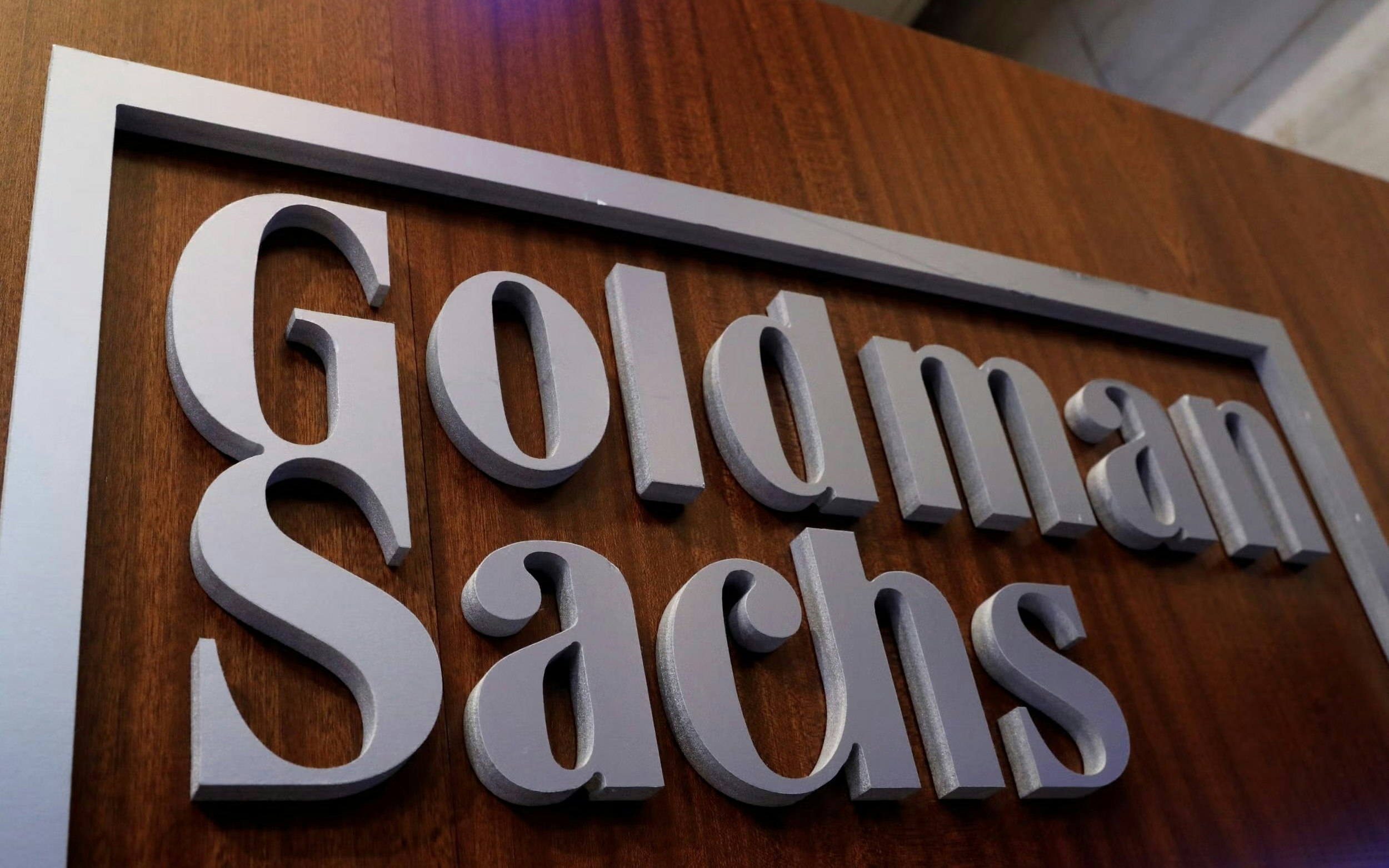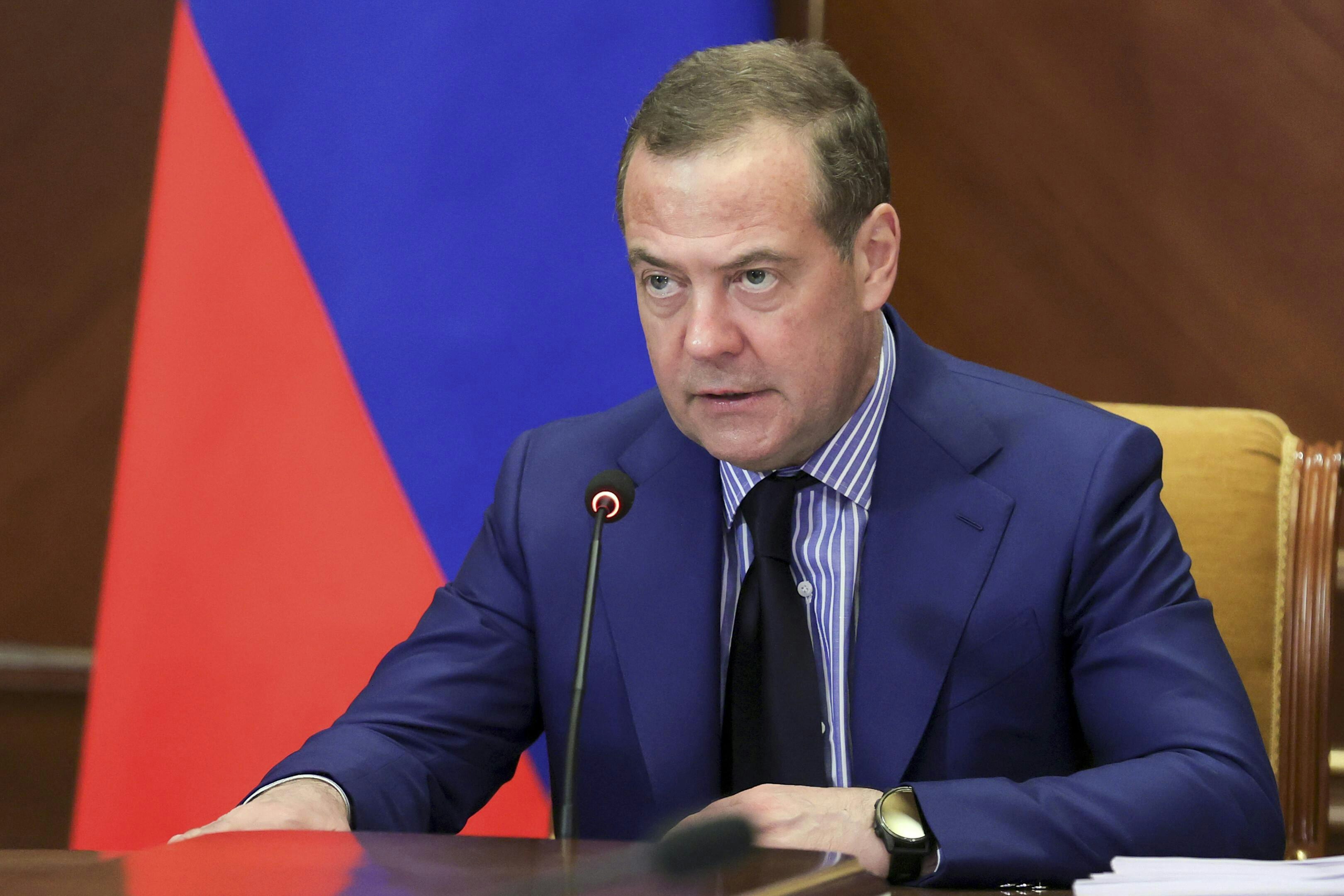Business
Goldman Sachs reduces risk positions – Concern about deficits and trade conflicts dampens market activity
Goldman Sachs reduces risk exposure due to trade conflicts, deficit concerns, and increasing caution among institutional investors.

In light of increasing market turbulence, Goldman Sachs has significantly reduced its risk appetite.
The restraint in the capital market business and in the area of client trading facilitation is particularly noticeable, where market volatility directly impacts risk management. Waldron emphasized that they want to strengthen their own liquidity and position the balance sheet more robustly – instead of aggressively seeking opportunities, they will "act with balance, not excessively forward-looking.
In an interview with the Financial Times, Waldron stated that he does not expect a recession, but rather a phase of "slowflation" – a mix of low growth of around 1 to 1.5 percent and stable inflation of about 3 percent. This development is "less harmful" than the stagflation of the 1970s.
At the same time, Waldron – in line with other Wall Street giants like Jamie Dimon and Larry Fink – warned of the long-term risks of burgeoning US budget deficits. The announced tax cuts could increase the deficit by another $2.4 trillion and undermine the attractiveness of US Treasury bonds. "The deficits are reaching a level that must be called unsustainable," Waldron said. This is also a central issue for the bond market.
In the first quarter of 2025, Goldman Sachs and competitors still benefited from high trading activity in the stock and bond sectors, triggered by Trump's sharp trade policy. However, the resulting uncertainty has prompted companies to put investments and acquisitions on hold, reflected in declining advisory fees and issuance revenues.
Although slight recovery tendencies are now recognized – such as an increase in IPOs in the USA – the overall situation for financial institutions remains challenging. Customers are beginning to cautiously reconsider their allocations in US assets and hedge positions in dollars. "This is still a marginal movement, but it could intensify if politics continues to cause uncertainty," Waldron said.






